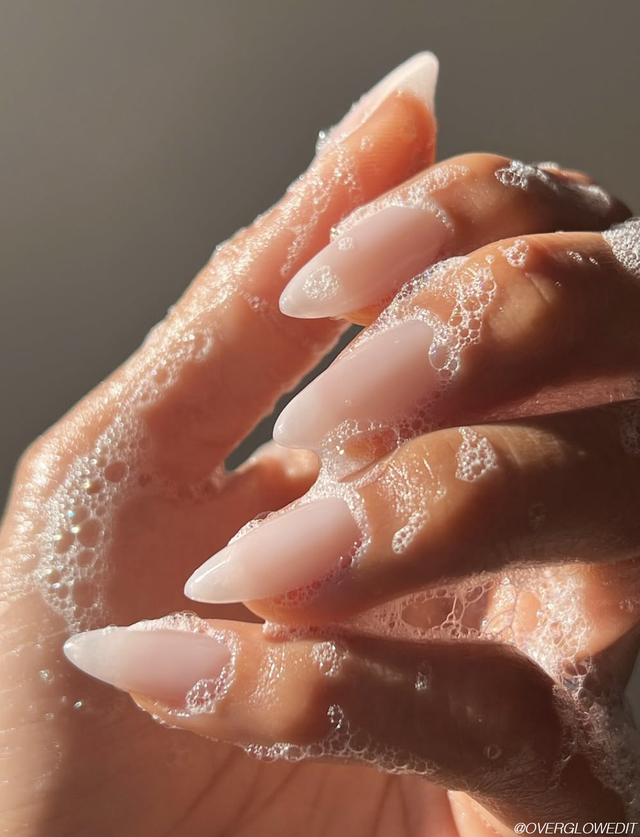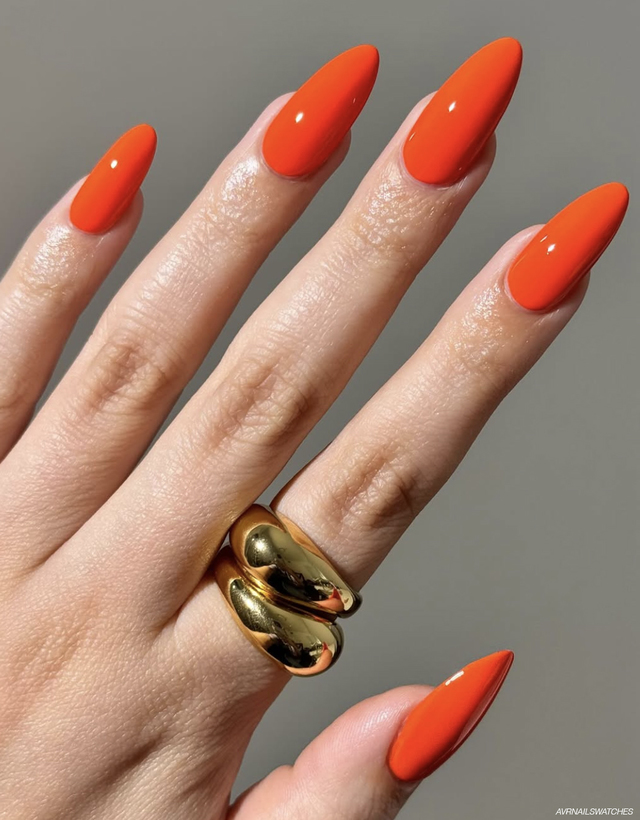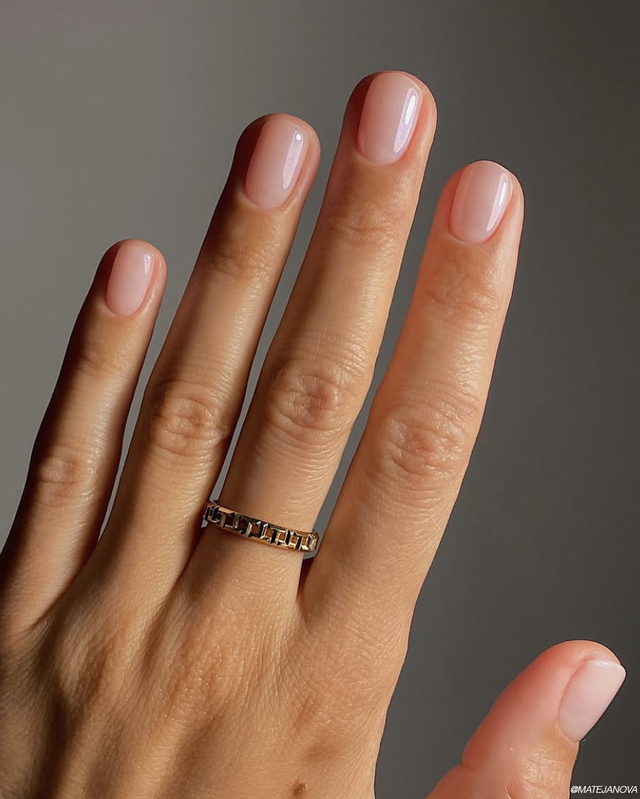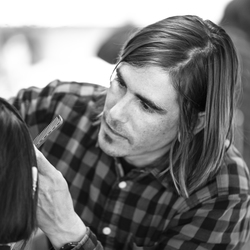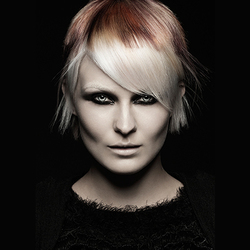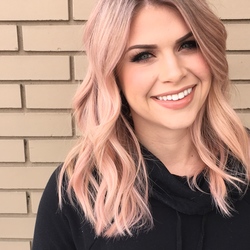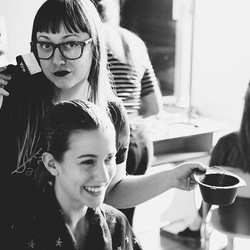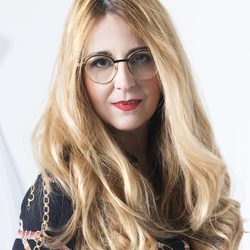Whether from stress, hormonal changes, or lifestyle changes, hair shedding is a common problem for many guests. “When hair sheds too much, the first thing one tends to do is stress out about it, but that just contributes to the hair loss. “Be as gentle and kind with your hair as possible. Your hair is a fabric, and when that fabric is going through excessive shedding and/or loss, we must be very gentle and give it all the love we can,” says Ashley Brown, Sam Villa Ambassador and Mizani Artist @ash_hairbarbie, who shares 4 reasons for unexpected hair loss.
1. COVID-19: Having Covid can stress the body physically and emotionally which can put hair in what physicians call acute telogen effluvium. As a result, upwards of 30-50% of hair follicles are in the telogen stage (the stage of growth when hair falls out and regenerates) instead of the average 5-10% of hair follicles (quite a difference in the amount of shedding). Unfortunately, the increase of hair loss is not necessarily directly tied to how severe the Covid symptoms present themselves.
Solution: Unfortunately, COVID-19 is not the only viral infection that can cause this type of hair loss/increased hair shedding. The good news is the hair loss/ increased shedding is generally short lived, so patience is needed. It can take anywhere from 6-18 months for hair to completely fill back in. During this time, it's important to be very gentle with all the new baby hairs, so avoid hairstyles that create tension, and chemical services such as high lift blonding.
2. Drastic Change in Diet: To simply put it, hair Is made up of proteins. If there is a drastic change in diet that reduces nutritional intake, the body will pull proteins and nutrition that would usually support hair and begin to use them for organs and muscle tissue. This can leave hair to grow weak and brittle, and skin dry. After an extended period (loosing 15-20lbs in 2-3 months), shedding will occur.
Solution: Make a plan – but make sure it’s gradual to give the body more time to adapt to the change. And plan meals to ensure getting enough and a good balance of nutrients. In addition, high doses of vitamins and supplements can sometimes help to replace what the body is lacking.
3. Low Iron: When your body does not have enough Iron, it can’t produce hemoglobin in the blood. Hemoglobin carries oxygen for the growth and repair of cells, including those that stimulate hair growth. Many things can cause low iron levels, such as pregnancy, an iron deficient diet, anemia, loss of blood, vigorous exercise, to name a few.
Solution: Consult with a physician to determine the root of the iron deficiency. Sometimes it can be as simple as adjusting diet to include more iron rich foods such as leafy greens and meat. In other instances, a supplement or even infusions may be recommended to improve iron levels.
4. Change in Hormones: Men and women alike can experience an imbalance of hormones that can lead to hair thinning and/or hair loss caused by menopause, thyroid issues, autoimmune conditions, and stress.
Solution: Consult with a physician to determine the root of the hormonal issues. The treatment ranges vastly depending on what the issue is.
To promote healthy hair, Brown recommends using professional tools and products, as well as minimizing chemical services, over manipulation and tension…AND a whole lot of patience!
